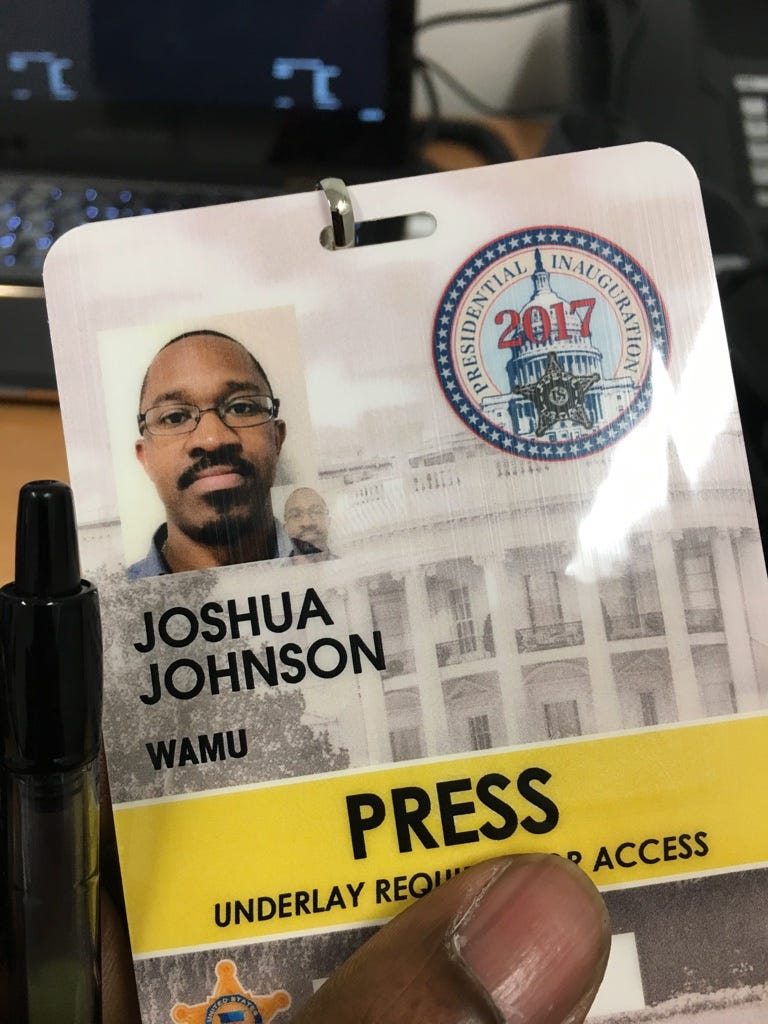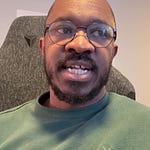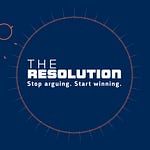
Who am I to you?
Am I some cool, unsympathetic presence covering world events? Am I an alien from another planet? An untouchable celebrity? A trusted friend?
Chances are, you rarely think of me as a normal person. Real people are governed by their emotions, defined by the groups they belong to, thoroughly incapable of looking beyond their biases and definitely not imbued by whatever magic allows me to deal with the insanity of today’s world with a level head. Right? I’m a unicorn or something like that. And why?
Because I’m a journalist. And journalists are not quite people… not like everyone else.
If that’s how you feel, you’re (A) not alone, and (B) a prime example of why journalism needs to evolve. This profession is going through some strange times, and it’s about time we rethought the ways in which we do our work. You know we’re not unbiased — everyone has biases — and sometimes we’re not very good at keeping them out of sight. Granted, some news organizations don’t even try to hide them, which is their prerogative. But what does that mean for objectivity and impartiality? Even some of journalism’s highest ranking executives have called for us to move beyond old-school notions of objectivity.
…but move to what?
It’s taken me years to put my thoughts together, starting with my time as the host of the NPR talk show 1A, but now I’m making my case for the future of journalism. I’m not saying that objectivity is dead, but our relationship to it needs to evolve in ways that are more transparent, more practical and more human. I call it Clinical Journalism. In this special episode I explain how my time as a national host and anchor shaped my philosophy.
In some ways, I have Donald Trump to thank for this. His constant attacks on the press as the “enemy of the people” kindled it. No one could ignore him calling the white supremacists who marched through Charlottesville, VA in 2017 “very fine people” — indeed, saying that between those hateful men and the protesters opposing them there were fine people “on both sides”. Clearly not… but how do we handle it? Can we call him on it without losing our veneer of impartiality? Do we need to give some kind of equal consideration to the voters who agree with him — especially the ones who elected him? It may feel like a lifetime ago, but I remember vividly when these debates were fresh and confounding.
Here’s my key insight, Clinical Journalism in a bumper sticker:
objectivity is an ability, not an identity.
I was once on track to become a doctor, thanks to a summer program out of Temple University. The Minority Access to Research Careers initiative gave me a chance to learn how clinical researchers approach some of the most challenging questions in health care today. (The program has evolved quite a bit since I was part of it, but it’s still around.) I learned so much, including just by watching people work.
Think about how many researchers studying cancer have lost loved ones to the disease. Imagine how many AIDS researchers have outlived dozens of their friends — perhaps all of them — living to see medications emerge that would’ve saved all their lives. It’s easy to be crushed or embittered by that, and I’m sure many people have been. But when I met them they were as nice, jovial and “normal” as anyone else. They didn’t pretend to feel nothing. Nor did they sit down each day in front of their Petri dishes cursing under their breath, “Damn you, glioblastoma multiforme, I hate you so much…!”
A cancer researcher is not “objective” about cancer. They want a cure. But they have to take a clinical view as they collect their data, setting those thoughts and feelings aside just long enough to do their work. They’re not going to pretend to feel nothing, but there’s a time and place for it. In the same way, I’m not objective about racism. I’m a Black man in America: how can I be? However, I can have a very clinical conversation with someone who, for example, venerates the statues of Confederate generals. I can ask open-ended questions like:
When was the first time you looked at one of these statues with reverence? Tell me about it.
Who taught you these views?
How have your views affected your relationships with others who feel differently?
If these statues went away, what would that mean to you?
In this way I can get useful data from someone without pretending to have no feelings about it. And by allowing myself to be myself — say, they ask me casually what it’s like as a Black man interviewing them, and I’m politely honest about it — it frees them up to be themselves. That raises the chances of me getting more useful information from them. I did this for three years on 1A, and it built us a national audience of more than four million listeners a week. Clinical Journalism works.
Objectivity is an ability, not an identity.
We would never tell a Hispanic journalist not to cover immigration and leave it to an unbiased white guy. We would never tell a woman not to cover the #MeToo movement and leave it to an unbiased man. But nor would we tell them to just wear their hearts on their sleeves and abandon their professionalism. I believe there’s a better way. The veil of objectivity has been pierced, but it doesn’t need to be discarded. We can keep it as a tool, applying it skillfully and conscientiously, without making it an article of faith.
That will humanize us to audiences and, most importantly, it will spare us from being something we’re not. This persona of neutrality makes us impossible to rally around at a time when journalism needs as many fans as it can get. It makes us seem rarified… almost humanoid. How can we protect this pillar of democracy if we don’t entice people to connect with us on a meaningful, human level?
I’ll have more to say about Clinical Journalism in the weeks and months to come. Don’t worry: this isn’t the end of The Night Light as you know it! It’s just a way to start putting the idea out there. What do you think? I’d love to hear your thoughts. Or, if you have an organization that would like me to come speak about this, or help you implement this philosophy among your team, email me. I’m looking forward to your thoughts.












